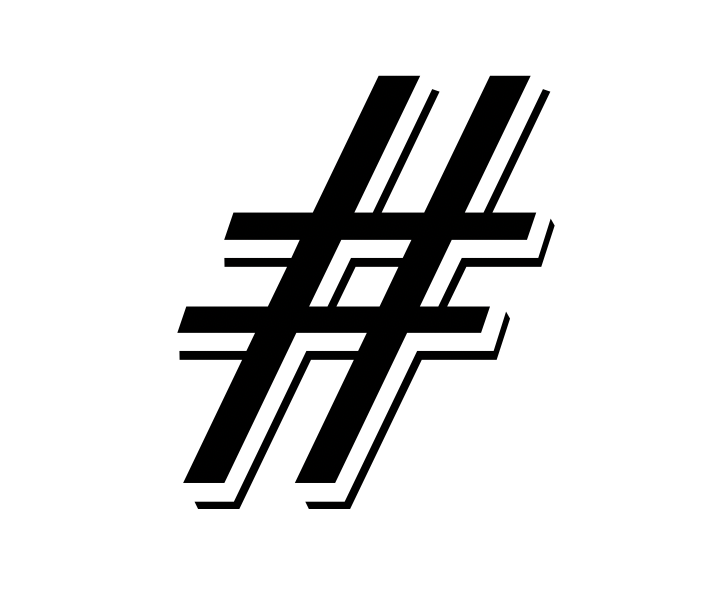
Failure to Launch: An Augmented Thick Description of #womenswave
L. Corinne Jones: University of Central Florida/p>
Policy Changes
Bowers et al. (2010) contend that instrumental behavior is meant to enact social change and affect policy, whereas expressive behavior does not affect social change (1-2). By this definition, hashtags that do not change enact social change and policy would not demonstrate "thing-power." However, DeLuca (1999) contends that contemporary activist groups may not have legislative or material goals, but they may instead opt for spreading world views and creating identities (9). While both are legitimate goals of activist groups, policy changes have the most immediate effects on people in their everyday lives.
Though the efficacy of some of the policy changes that have been enacted in the wake of #blacklivesmatter might be debated, #blacklivesmatter has spurred policy change. Notably, St. Louis elected its first Black prosecutor who focused on investigating police use of deadly force and they passed laws making it illegal for landlords to discriminate against tenants who would use Section 8 housing vouchers. Nationally, some police units around the nation are now equipped with body cameras and many cities reformed their mandatory minimum sentencing laws (Rosenbaum, 2019). These policy changes do not mean that the work is done though. As of August 28, 2017, the NAACP issued a travel warning for Black drivers traveling through Missouri, citing the fact that Black motorists are 75 percent more likely to be stopped and searched by the police than White motorists in Missouri (NAACP, 2017). However, there has been some policy movement attached to #blacklivesmatter.
#womenswave, on the other hand, has seen little movement in the way of policy change. Nearly a year later, the specific legislation for which the hashtag calls (including dignity for incarcerated women, discrimination in labor and employment, a ban on six-week abortion rules, a ban on assault rifles, a maternal mortality prevention task force, and restrictions on youth solitary confinement) (Women’s March Florida, 2019) have not come to fruition. Furthermore, though there has been some movement on the ERA in early 2020, the process has been delayed again, largely along political party lines (Kurtzleben, 2020). Ultimately, while widely circulated, the purpose and effects of #womenswave remain ambiguous.
Please click here to go back to my case study of #womenswave.
Thing-Power
refers to“the power things acquire when working alongside other entities to produce change” (Gries, 2015, 12)
